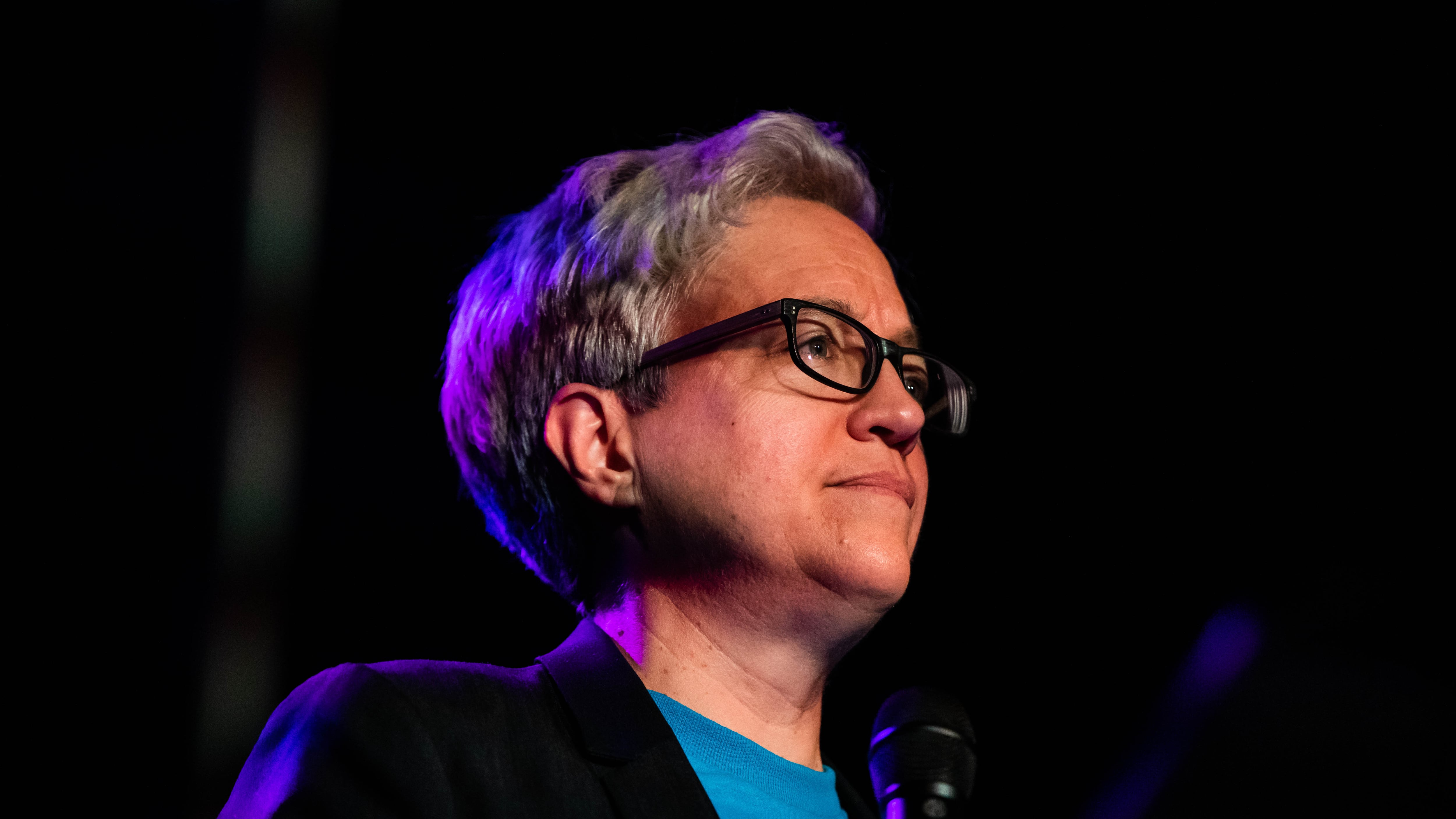Last month, WW published the results of an investigation into the second-largest cannabis dispensary chain in the state and its founders. Aaron Mitchell, Rosa Cazares and their matrix of companies, which make up the La Mota dispensary chain, have been issued at least $3 million in federal and state tax liens since 2017 and have been sued 30 times in Oregon circuit courts. (Many of the legal complaints allege nonpayment of bills.)
Meanwhile, the Oregon Liquor and Cannabis Commission appeared unwilling to scrutinize La Mota and aided the chain’s expansion by issuing it new licenses every year with few questions asked. The lack of scrutiny occurred even as Mitchell and Cazares became reliable campaign donors to top Democratic Party politicians.
Given that the OLCC is currently under investigation by the Oregon Department of Justice, it might make sense for that probe to include an examination of whether La Mota received favorable treatment from the agency.
However, a spokeswoman for Gov. Tina Kotek told WW on Thursday the governor has not asked Oregon Attorney General Ellen Rosenblum to include La Mota in a criminal investigation of the OLCC that her administration launched in February after top agency officials were found to have claimed the right to purchase rare bottles of bourbon for themselves and friends when those bottles were not available to the general public. Kotek had asked Rosenblum to conduct a civil inquiry into the alleged liquor graft. (Disclosure: Rosenblum is married to Richard Meeker, the co-owner of WW’s parent company.)
The Oregon Department of Justice declined to say whether Rosenblum had expanded the investigation to include La Mota.
Questions about La Mota’s influence now span two state agencies.
On the same day WW published its story about La Mota, the Oregon Bureau of Labor & Industries officially terminated a $554,000 grant it awarded in August to a nonprofit that Cazares, 34, co-founded in late 2021. The nonprofit had pledged to create an apprenticeship program to train botanical extractionists who work with cannabis. Then-BOLI Commissioner Val Hoyle (now a U.S. representative) vouched for the nonprofit after an apprenticeship council overseen by BOLI initially expressed skepticism about the nonprofit’s high personnel costs and lack of industry support.
There’s no indication that Kotek has done any favors for La Mota. But she has not returned campaign contributions from the founders, even after WW revealed that the couple had failed to fulfill their financial obligations even as they wrote checks to her campaign.
Cazares, Mitchell and La Mota were major donors to Kotek’s gubernatorial campaign, contributing a total of $38,000. A political action committee controlled by Cazares donated an additional $35,365 to Kotek’s campaign.
The couple hosted an intimate fundraiser for Kotek in the spring of 2022 at a Northwest mansion they were renting until the landlords evicted them in October for alleged nonpayment of rent. Cazares also co-hosted a black-tie fundraising gala for Kotek in October and a pickleball tournament fundraiser in August. (Pictures from the event show Kotek and Mitchell competing together as a pickleball team; photos from the gala show Kotek and her wife posing with Cazares and Mitchell.)
La Mota’s political influence may be waning. Last week, a political training academy for aspiring female politicians, Emerge Oregon, voted to remove Cazares from its board. Cazares remains on the Cannabis Policy Oversight Team that advises the Portland City Council on cannabis policy. That team operates under the oversight of City Commissioner Carmen Rubio.

